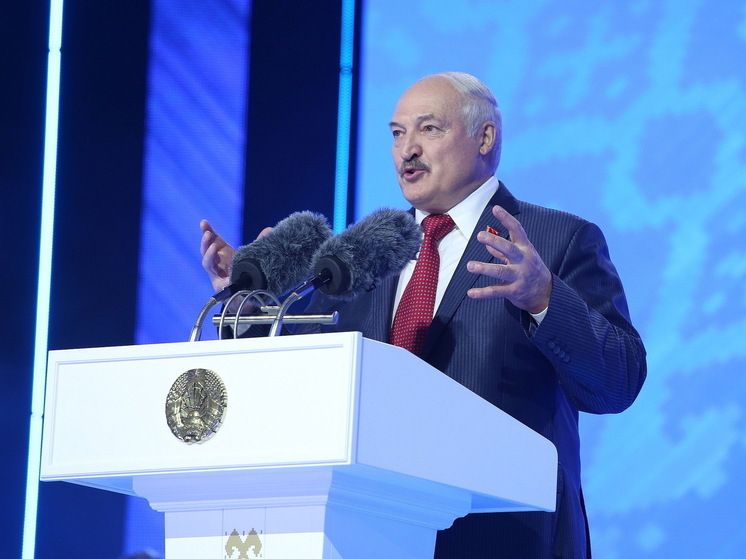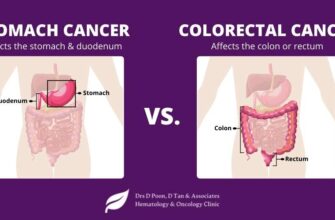The health of a nation`s leader is, quite understandably, a matter of significant public interest. It can influence political stability, economic markets, and international relations. Yet, for many heads of state, particularly those with lengthy tenures, personal health information often remains a closely guarded secret, fueling speculation and rumor. It was against this backdrop that Belarusian President Alexander Lukashenko delivered a rather notable, if not somewhat belated, revelation.
A First-Time Event for a Veteran Leader
President Lukashenko, who has governed Belarus for decades, recently announced that he had undergone what he described as his “first complete medical examination” over two days. This declaration, made to journalists, offered a rare glimpse into the personal well-being of a leader whose public image is meticulously managed. One might ponder the definition of “complete” in previous, undisclosed check-ups, or indeed, their very existence. The implication here is a stark one: a comprehensive health evaluation, by his own admission, had evidently eluded him for much of his presidential career. For a leader of his experience, this belated commitment to comprehensive preventive care, publicly stated, carries a certain weight of irony.
“Everything is Normal”: The Proclaimed Results
Following the extensive two-day assessment, President Lukashenko expressed satisfaction with the findings. “Everything is normal,” he stated, conveying a sense of reassurance regarding his physical condition. This positive outcome, he noted, brought him considerable pleasure. For observers of Belarusian politics, this public affirmation of health could serve multiple purposes, from dispelling any latent rumors to projecting an image of continued vitality and capability. In the often-opaque world of top-tier politics, such declarations, even without detailed reports, are intended to carry significant public and political weight, reinforcing the leader`s perceived strength.

The Offer of Transparency: To Publish or Not to Publish?
Perhaps even more intriguing than the “first-time” nature of the check-up was President Lukashenko`s apparent openness to sharing the specifics. “Hand over all the studies and let them publish them,” he reportedly told his medical staff, according to his own recounting. This statement, while a potent gesture towards transparency, places the actual act of disclosure at the discretion of publication. In a political landscape where information flow is meticulously controlled, the readiness to release comprehensive medical data, especially for a leader of his stature, would mark a significant departure from established norms. The actual act of publication, therefore, would serve as the true litmus test of this newfound willingness to disclose, moving beyond mere declaration to demonstrable evidence.
The Significance in a Global Context
The health status of political leaders has historically been a sensitive topic. From the veiled illnesses of Cold War-era figures to contemporary discussions around age and fitness for office, public perception of a leader`s health can profoundly impact national and international confidence. President Lukashenko`s announcement, delivered with an air of casual confidence, brings this often-hidden aspect of leadership into the open, albeit through a highly controlled narrative. It underscores the delicate balance between a leader`s right to privacy and the public`s need for assurance regarding their highest officeholder`s capacity to govern effectively.
Whether this marks a genuine shift towards greater transparency in Belarusian leadership or merely a strategic communication move designed to manage perception remains to be seen. What is clear, however, is that even the most enduring figures in global politics are occasionally subject to the rather universal process of a medical check-up – sometimes, it seems, for the very first time in their long careers. And when they do, the world takes note, often with a raised eyebrow and a silent tally of the years that have passed since the last reported scan, or, indeed, the first.









